Specialties
Fracture Care
Fractures can be painful and disruptive, requiring expert care to ensure proper healing and long-term function. At Precision Orthopedics, our specialists provide comprehensive fracture care, using advanced techniques to promote recovery and restore strength as quickly and safely as possible.
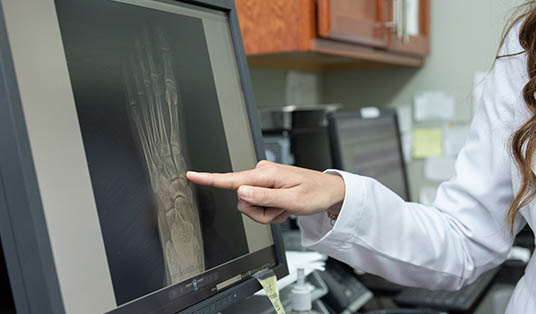
Your recovery resource
Learn more about fracture care, the different types of fractures, and treatment options.
What is fracture care?
- Injury or trauma is the most frequent cause of a fracture.
- The signs of a fracture can include swelling, tenderness, pain with the use of the affected area, and, in more severe injuries, deformity or open wounds.
- X-rays are the first diagnostic test and often can diagnose the fracture and direct treatment. A CT scan can be performed if a more detailed picture of the fracture is needed.
- Our orthopedic surgeons have extensive experience in the treatment of fractures and our on-site physician-supervised any Physical Therapy needed.
What are the different types of fractures?
A fracture is a break of bone or cartilage, often with accompanying damage to the surrounding soft tissues. Fractures occur when the force applied to a bone exceeds its strength. An injury or trauma is the most frequent cause, but conditions that weaken the bone, such as osteoporosis (reduced bone density) can make the bone prone to breaking. Injuries can be low energy such as a fall from standing or sitting, or high energy, such as a car accident, or fall from a height (from a ladder, for instance).
Other types of fractures include pathologic fractures, which are fractures through bone affected by a tumor or infection, and stress fractures. Stress fractures occur in the normal bone which is subjected to abnormal or unaccustomed stress. When the repetitive stresses outstrip the body’s healing response, a fracture can result. Fractures that occur with a break in the skin, thus allowing communication of the fracture with the outside world, are called open fractures. warrant evaluation. Left untreated, even minor symptoms can become long-term limitations.
How are fractures diagnosed?
The signs of a fracture can include swelling, tenderness, pain with the use of the affected area, and, in more severe injuries, deformity or open wounds. X-rays are the first diagnostic test and often can diagnose the fracture, and direct treatment. If further detail is needed, CT scans, which can give a 3-dimensional picture of the fracture, can be used. Sometimes a fracture is not evident on regular X-rays. In this case, if a fracture is suspected, an MRI, which is a magnetic scan, may be necessary. Bone scans also can be used to diagnose a fracture, particularly for patients with pacemakers, or other metallic implants, who cannot undergo an MRI. Once the fracture is diagnosed, treatment can be implemented.
What does fracture care look like?
In some scenarios, immobilization using a cast or brace or splint will occur. Immobilization can also occur if a reduction or manipulation of the fracture back to proper alignment is used for more severe cases. Stress fractures are usually treated with immobilization and elimination of the activity that caused the fracture. Occasionally surgery is necessary. Stabilization of the fracture is another form of treatment where metal plates, screws, pins, wires, or rods are placed through small incisions, or through full open incisions. In other cases, a procedure called an open reduction can occur where the bones are realigned after opening up the fracture. Stabilization, as above, is often performed at the same time. Open fractures, where the bone breaks through the skin, are treated emergently with a thorough rinsing of the fracture, and reduction and stabilization.
Meet our physicians who specialize in fracture care:
 Scott Berkenblit, MD
Scott Berkenblit, MD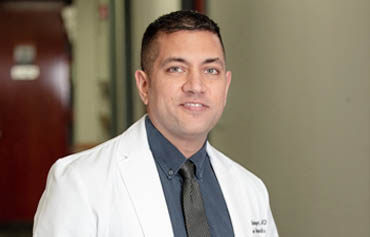 Rishi Bhatnagar, MD – Chief Strategy Officer
Rishi Bhatnagar, MD – Chief Strategy Officer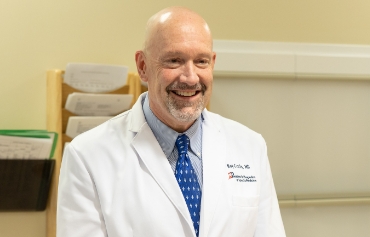 Roy Carls, MD – Chief Medical Officer
Roy Carls, MD – Chief Medical Officer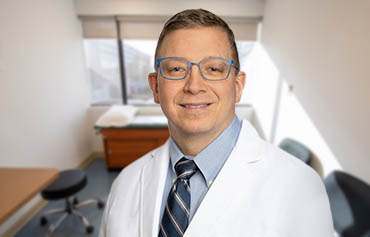 Gregg Ferrero, MD
Gregg Ferrero, MD Andrew R. Jones, MD, PHD
Andrew R. Jones, MD, PHD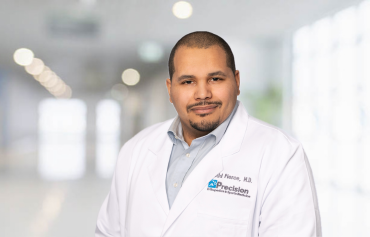 Todd Pierce, MD
Todd Pierce, MD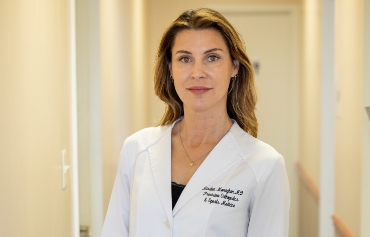 Kirsten Poehling-Monaghan, MD
Kirsten Poehling-Monaghan, MD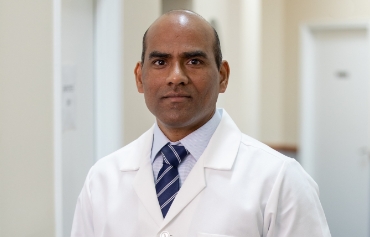 Satheesh Ramineni, MD FAAOS
Satheesh Ramineni, MD FAAOS Sameer Saxena, MD
Sameer Saxena, MD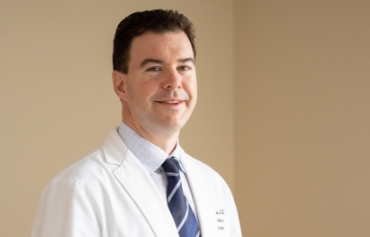 Matthew Thompson, MD
Matthew Thompson, MD
Our locations that offer fracture care support:
Cumberland, MD
Charles Regional Surgical Center, MD
Gaithersburg, MD
La Plata, MD
Laurel, MD
Oxon Hill, MD
Waldorf, MD
White Oak, MD
Woodbridge, VA – Coming Late 2025
Make an appointment
If you have an orthopedic need, we have you covered. We can even accommodate new appointments within 24 hours for acute injuries.
View our locations
Find the Precision facility that is closest to you among our 19 locations throughout Maryland and D.C. and give our team a call.